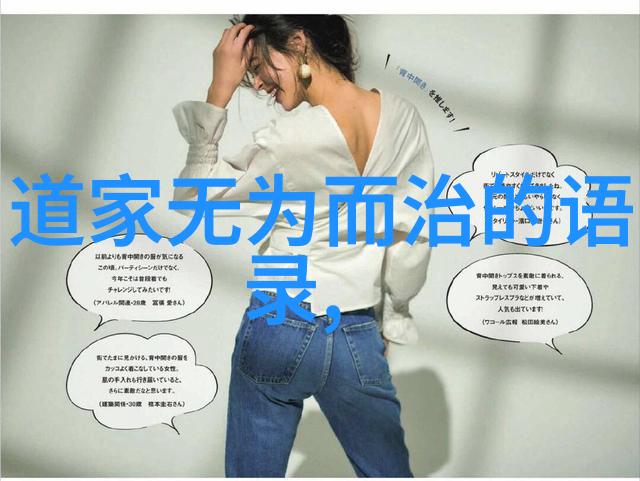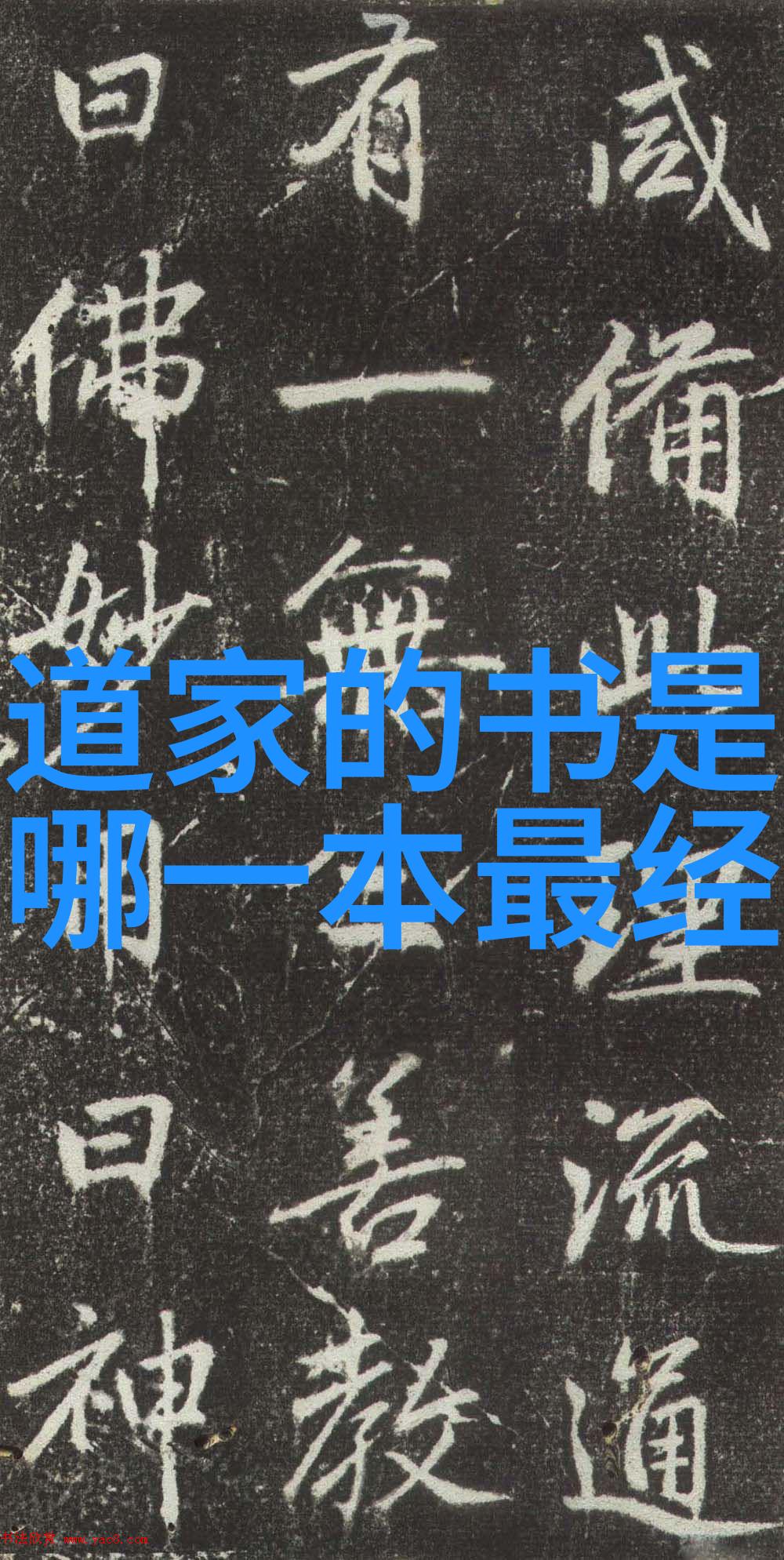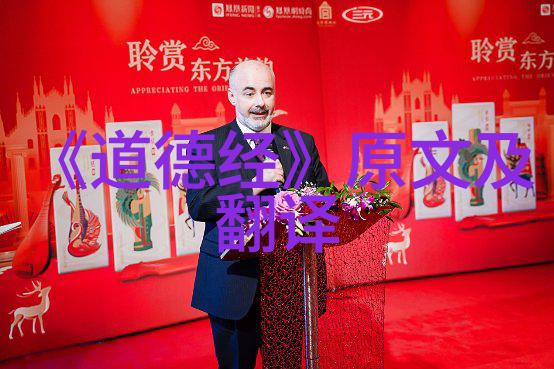在艺术创作的世界里,似乎没有什么是绝对的。每一种艺术形式都有其独特的语言和表达方式,而“无”这一概念则是其中最为复杂、多层面的一个词汇。在探讨如何通过创造性地“没有”来激发灵感和创新时,我们不仅要理解这个概念,更要深入到它背后所蕴含的情感、哲学和实践。

首先,让我们回到哲学领域,那里有着关于“无”的深刻思考。道家文化中的“无为”,就像一股清风,它能带来平静,但同时也可能掩盖了真正的问题。如果我们将这种观念应用于艺术创作中,我们会发现它可以是一种解放自我的手段。正如李白在《静夜思》中写到的:“床前明月光,疑是地上霜。”这里,“无”的力量让诗人能够超越现实,将自己的情感与自然景物融合。
接下来,让我们谈谈现代生活中的快节奏社会。随着科技的飞速发展,我们常常感到压力重重,仿佛时间就是金钱一样宝贵。在这样的背景下,“无为”成为了许多人追求的一种生活方式。当我们选择在某些方面做出选择,即使这意味着放弃一些可能性时,这个过程本身就是一种创新的体验。这不仅限于工作或学习,还包括个人兴趣和爱好。在音乐、绘画或编程等领域,不断尝试新事物,同时坚持自己的风格,也是一种很好的实践方式。

但是,在追求完美的道路上,有时候人们会过度劳累,以至于忘记了休息与恢复,这恰恰是在效率之外寻找另一条路径。“休息不是懒惰,是为了更高效地工作。”正如这个名言所述,当你意识到需要暂停的时候,你实际上是在为你的下一步做准备。你可以从任何地方开始,无论是重新审视你的目标还是简单地给自己留出空隙,都能成为一次重要的心灵历险。
此外,在日常生活中,“不作为”的另一种面貌,就是对于那些看似不可避免的事情进行反思。如果你发现自己因为害怕失败而无法行动,那么请考虑一下是否真的存在这样一个障碍?或者,你只是因为害怕承担责任而躲避问题?这份勇气并非总是在大事件中显现,它也可以体现在小事情上的决定当中,比如说接受一个新项目,或许那将是一个转折点,也许那个项目将改变你的人生轨迹。

最后,让我提及一点关于文化传统。我相信,每个人都应该从他们自己的文化传统中学到东西。而对于中国来说,无为哲学源远流长,从孔子到老庄,再到后来的禅宗,他们都各自以不同的方式探索了“无”的意义。但如果把这些思想直接搬用到了现代社会,又岂不是太肤浅呢?它们必须被适应,并且结合现代人的需求去理解,因为只有这样才能真正触动心灵深处。这也意味着我们不能简单地模仿历史人物,而应该找到属于我们的方法,用古代智慧指导我们的今天。
因此,当我提起"‘’(Wú wèi, Wú bù wèi, Wú kě, Wú bù kě')",即"‘’(Wú yì zǐ de měi lì xiàn dǎng yǔ chéng xǐn」this phrase embodies the idea of not doing anything but still achieving something. It is a metaphor for being open to possibilities and allowing things to unfold naturally. This philosophy can be applied in various aspects of life, such as personal growth, relationships and even business.

In conclusion, "no-ness" or "nothingness" can be both liberating and limiting. It depends on how we approach it and what we choose to do with it. The concept of no-action does not mean that one should just sit idly by; rather it means embracing the unknown and letting go of preconceived notions. In this sense, embracing "nothingness" allows us to tap into our inner selves and find inspiration from within.
As an artist or creative person seeking inspiration through the art of nothingness or non-doing, one must learn to embrace uncertainty and allow oneself to be guided by intuition rather than logic alone. By letting go of rigid expectations about what constitutes success or failure - i.e., moving beyond traditional notions of productivity - we create space for new ideas and experiences that may otherwise remain hidden from view.

This is why I believe that learning from ancient wisdoms like Taoism's philosophy on non-action (wu wei) can lead us towards a more balanced way of living where creativity thrives without excessive effort being exerted upon ourselves."



